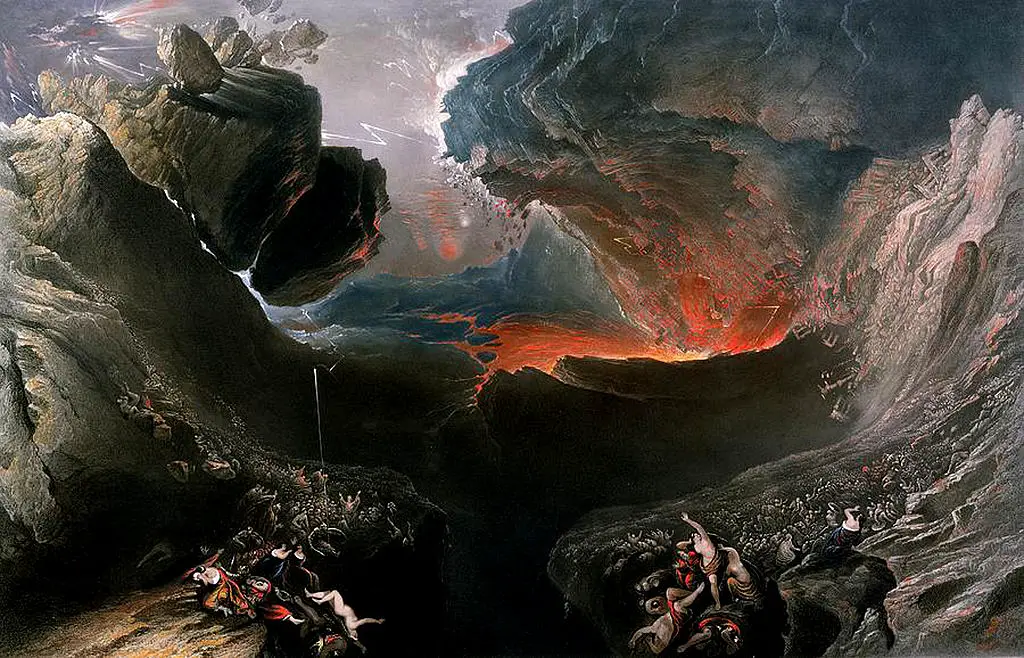Jonathan Dodd‘s latest column. Guest opinion articles do not necessarily reflect the views of the publication. Ed
There are only 55 days until Christmas. As long as you’re reading this on Sunday, that is. I’m writing it a bit before, so it’s more like 58 days. But I’m not kidding myself that the difference between now (as I’m typing this) and now (as you’re reading it) will pass by in the twinkling of an eye, or whatever metaphor or simile you prefer to denote the passing of time. It just goes by so blinking fast.
I remember hearing stories that my elders used to tell me about their War experiences. The story I enjoyed best as a boy, in that thrilling youthful stomach-tingling sense, was the story about the later days of the War, as they inevitably referred to it, about the rocket bombs that used to be fired off across the Channel.
A noise like a badly-tuned motorcycle
The story went that the first bombs, called the V-1 Flying Bombs, used to make a noise like a badly-tuned motorcycle, and buzzed high up in the sky. It would be possible in a horrible way to listen to the pitch of the noise so you could calculate whether it was coming towards you or moving away. They would hit the ground somewhere and cause terrible damage and loss of life. They came to be known as “Buzz Bombs”, or “Doodlebugs”.
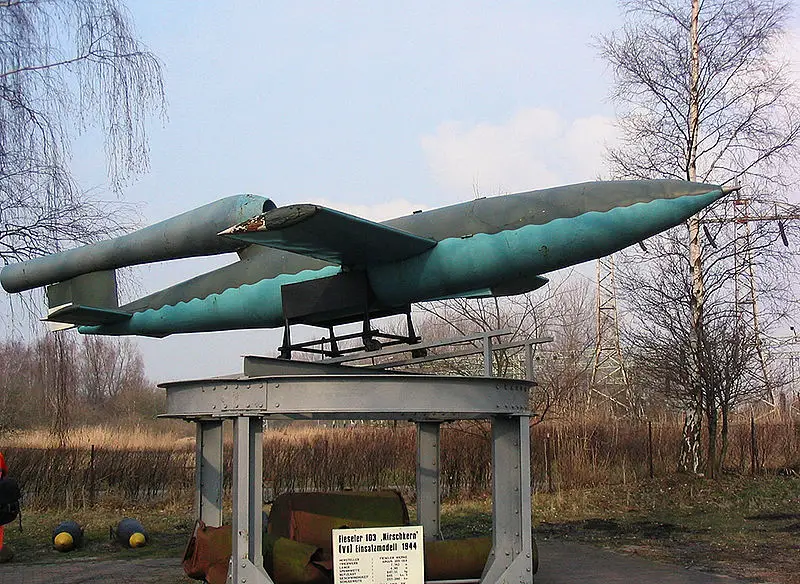
This was horrible enough, but they were replaced by the V-2 Rockets, which were not only more powerful and deadly, but their psychological impact was far more terrifying. They were the World’s first guided missiles, and they flew high until their rocket motors ran out of fuel, after which they just fell, down and down towards the rough area of their targets. And they fell silently and invisibly at great speed. I can imagine everyone looking up in terror, their lives passing before their very eyes. Time after time.
Somewhere in your vicinity
The experience of living in Southern England then would be to hear the sound of these rockets as they flew over. If you could hear the sound receding you were same, but if the sound stopped, that meant that it was falling, somewhere above, and it would land somewhere in your vicinity. These rockets were so powerful that there was no protection from them, and their impact was devastating. How people managed to go about their lives with that threat hanging over them is something I’ll never be able to imagine properly.
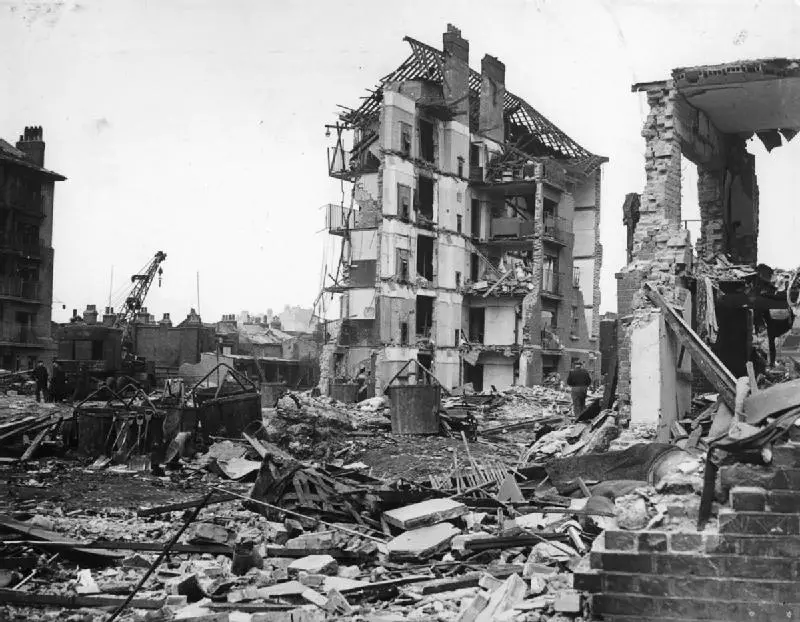
Luckily the War ended, and the direct threat of these weapons was no longer a daily event. But of course the Allies had a mad scramble to collect and recreate the technology and scientific skills of the engineers, so they could point them at each other instead. Hence the Cold War, and the Cuban Missile Crisis, and the Space Race, and Greenham Common, and Cruise Missiles, and so many other things that are so familiar to us nowadays.
A Pandora’s Box of Technology
The last century feels sometimes like the arrival of a Pandora’s Box of Technology, with everyone scrambling to get the thing open as quickly as possible. And everything changed. Some bright spark invented a policy called “Pre-Emptive Self-Defence”, which translated roughly into the idea that you should fire off all your rockets at the enemy before they could retaliate, just in case they were just about to do the same thing to you.
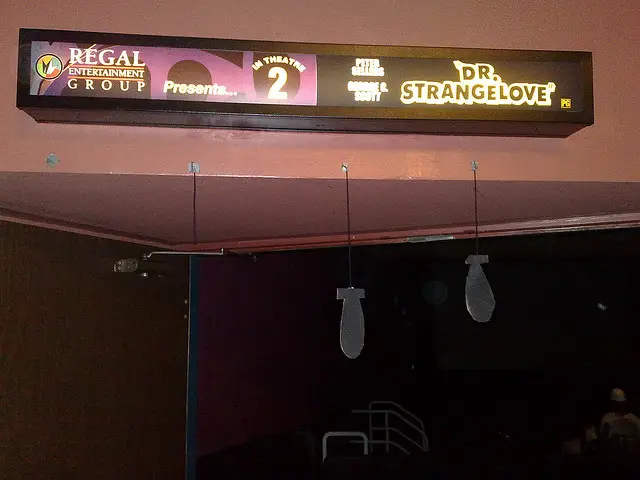
In my book, that’s about as successful a definition of an extreme form of paranoid insanity as you could cook up in your worst nightmares. For the first time in history it was possible to inflict damage on others at a distance, from the comfort and safety of your very own nuclear bunker. The threat of immediate and total annihilation hung like a dirty cloud over my childhood and young adulthood. There were countless books and films about this scenario, involving accidents and plots and insanity amongst leaders and maniacs, and heroes were created who could manage to stave off the catastrophe at the very last moment.
There wouldn’t be much of a story to tell
This situation also spawned the concept of the Post-Apocalypse. Leaving behind the tautology here, because the Apocalypse classically means the end of everything, after which, by definition, there is nothing, the idea of a small number of survivors is worryingly fascinating to most of us. Interestingly, every Post-Apocalyptic scenario does involve a small number of survivors. If there weren’t any, there wouldn’t be much of a story to tell, after all.
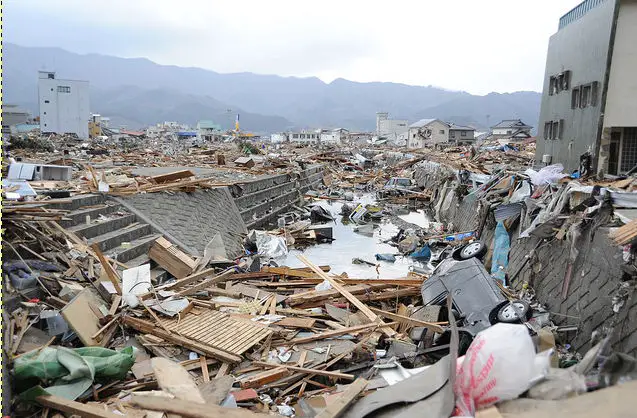
It could be said that the inclusion of the Book of Revelation in the Bible made this scenario familiar, at least in Europe. It was written by person or persons unknown and not added to the official Bible until the fifth Century. It was exceedingly unlikely to have been written by the John mentioned in the Gospels, themselves of unknown origins and authorship, and certainly many years or decades after the events they purport to describe.
It’s another level of scariness
There have always been apocalyptic visions and fantasies, and these were always attributed to divine displeasure at the evils performed by mankind, usually in direct contravention of the rules laid down by the divinity. For a few decades now, we humans have had the ability to visit the Apocalypse on ourselves. It’s another level of scariness, because it doesn’t remove the possibility of all the other divine retributions, it just adds another layer to the mix.
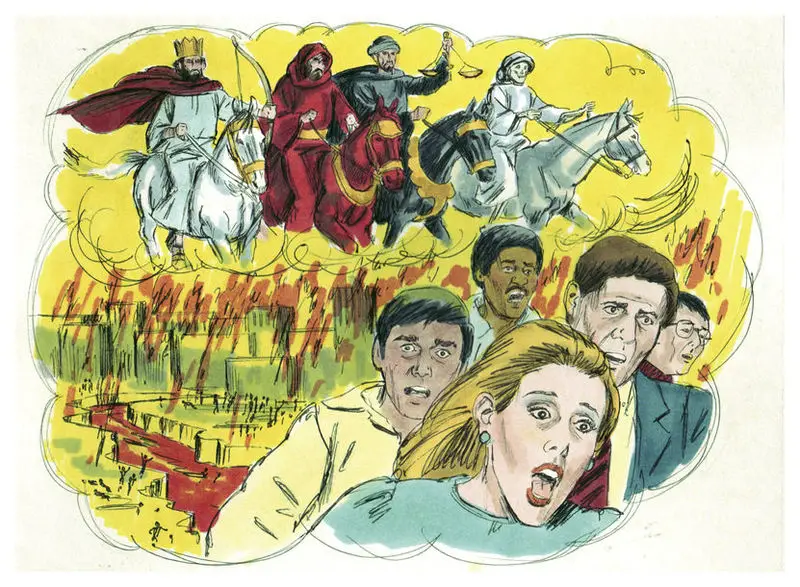
Divine Apocalypses almost always bring on the end of the experiment of Life on Earth. Usually there’s a sorting of humans into those who behaved well, who get to carry on somewhere else, and those who transgressed, who go the other way. But they’re all wiped out as far as this life on this planet is concerned. In the human Post-Apocalypse world, there’s no heaven or hell, just a messy dogfight based on ownership of what scarce resources remain.
Life becomes nasty, brutish and short again
In other words, Life becomes nasty, brutish and short again. Thank you Thomas Hobbes. Weirdly, there are people who rather like the idea of the end of things. Isis is busily wiping out all traces of history and civilization in the Middle East at this very moment. They think this is a good thing. We’re happily or unhappily pillaging the resources of the planet and reducing the populations of wildlife in innumerable ways, and threatening our own survival at the same time, on so many different levels.
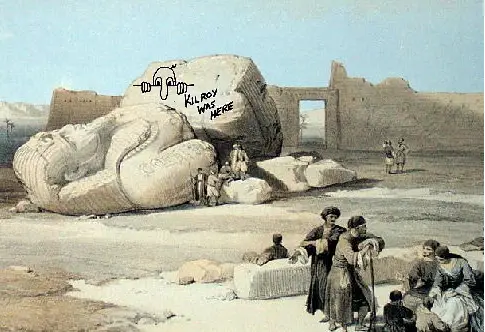
All the time wars and famines and plagues sweep the nations of the world, and refugees desperately try to reach Safety, whilst the inhabitants of Safety try to fight them off, or build ever-higher walls. And of course Life on Earth has already suffered a few apocalypses, like the one that wiped out the Dinosaurs 64 million years ago, and led to the ascendancy of the mammals, and our own development.
Extraordinary feats of education and civilization
We have pursued wisdom and anarchy equally throughout our history, creating the most extraordinary and sublime technology and systems of thought and knowledge, then losing it all and painfully rebuilding it over and over again. We breed heroes and statesmen and artists as well as warriors and thugs and the disenchanted. We are capable of extraordinary feats of education and civilization for a few while ignoring the futures and rights of the vast majority.
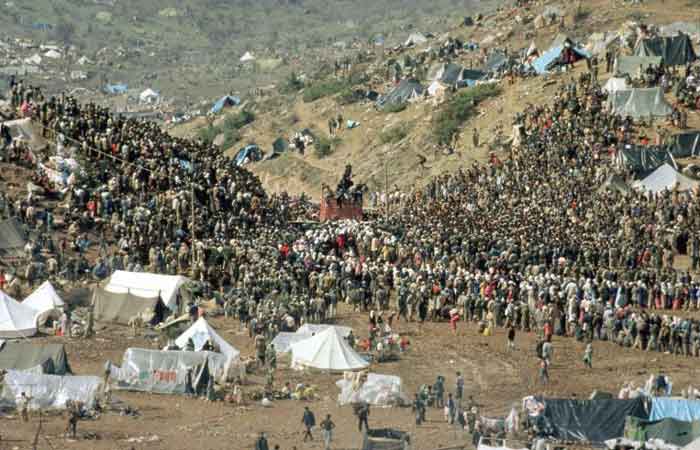
We love class and difference and the righteousness of being right, or rich, or privileged, or saved. And we fear the hordes at the gate, preferring to pretend they’re not there and might just go away. In this way, cyclically, humankind builds up and then crashes and burns, like the great fires in Australia, sweeping across the land destroying all in their path, except the seeds that have learned only to be capable of coming to life after the fire, and thus everything starts again fresh. And different.
There seems so little that can be done
Some people find it at least a little exciting, like me as a child listening to the stories of the wartime rockets. Most of us are absolutely terrified at the thought of disasters of any kind. They seem so huge and unstoppable, and there seems so little that can be done. And nobody who has the power seems particularly bothered to make any changes. Perhaps the Apocalypse won’t happen after all. Or perhaps it’s meant to happen.

Me, I’ve done my deep thinking for the week. I’m off to see Spectre. See you next weekend. It’ll be here before you even think about it.
If you have been, thank you for reading this.
Image: Public Domain under CC BY 2.0
Image: Darkone under CC BY 2.0
Image: fae under CC BY 2.0
Image: allaboutgeorge under CC BY 2.0
Image: fncinsider under CC BY 2.0
Image: Jim Padgett under CC BY 2.0
Image: notionscapital under CC BY 2.0
Image: Mohammad.P.Mohammad under CC BY 2.0
Image: bagogames under CC BY 2.0

